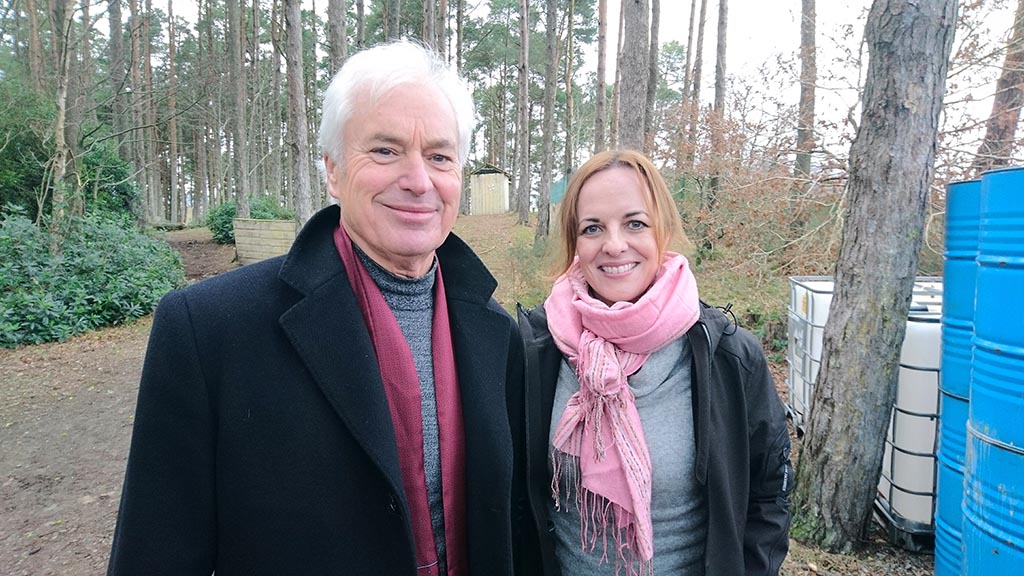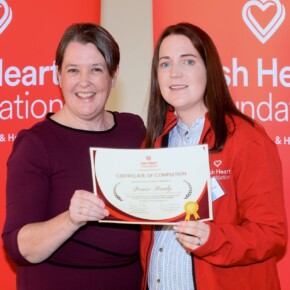COMMENT: Shining a light on impact of stress
Dublin People 25 May 2018
LAST week, RTÉ broadcast an excellent two-part television series that laid bare the impact of stress on our daily lives.
Presented by journalist Jennifer O’Connell, ‘Stressed’ featured a range of contributors who spoke openly and sometimes movingly about how stress has negatively impacted them. Their experiences were interwoven with O’Connell’s own personal story – a busy working mother trying against the odds to achieve that elusive work-life balance – and the series was all the better for it.
The stress-related stories were diverse: a mother trying to cope with a special needs child; a mature student nurse’s daily commuting nightmare; a once-successful Celtic Tiger cub who found it difficult to switch off; a young woman kept awake at night by financial worries and general life anxieties; a chef trying to juggle three businesses. It was powerful stuff.
Various experts were on hand to measure the volunteers’ stress levels and come up with suggested interventions. The impact of our dependency on social media was also examined with the very clear message to turn off your mobile phone at least two hours before going to bed if you want to get a decent night’s sleep.
The series provided a valuable snapshot of where we are now as a society. As we emerge from years of recession and austerity, it is clear that we are scarred and battle-weary from the experience. We’re working longer and harder – in many cases for less money – while struggling to pay boom-time mortgages, often for properties located considerable distances from where we work.
And these stress factors are external to the other challenges presented by everyday family life: the school runs; the household bills; the crippling cost of childcare.
Jennifer O’Connell’s series was a timely wake-up call for us all in highlighting the very real implications for our mental and physical health if we don’t manage our stress levels properly.
For this reason alone, ‘Stressed’ represented public service broadcasting at its best.











